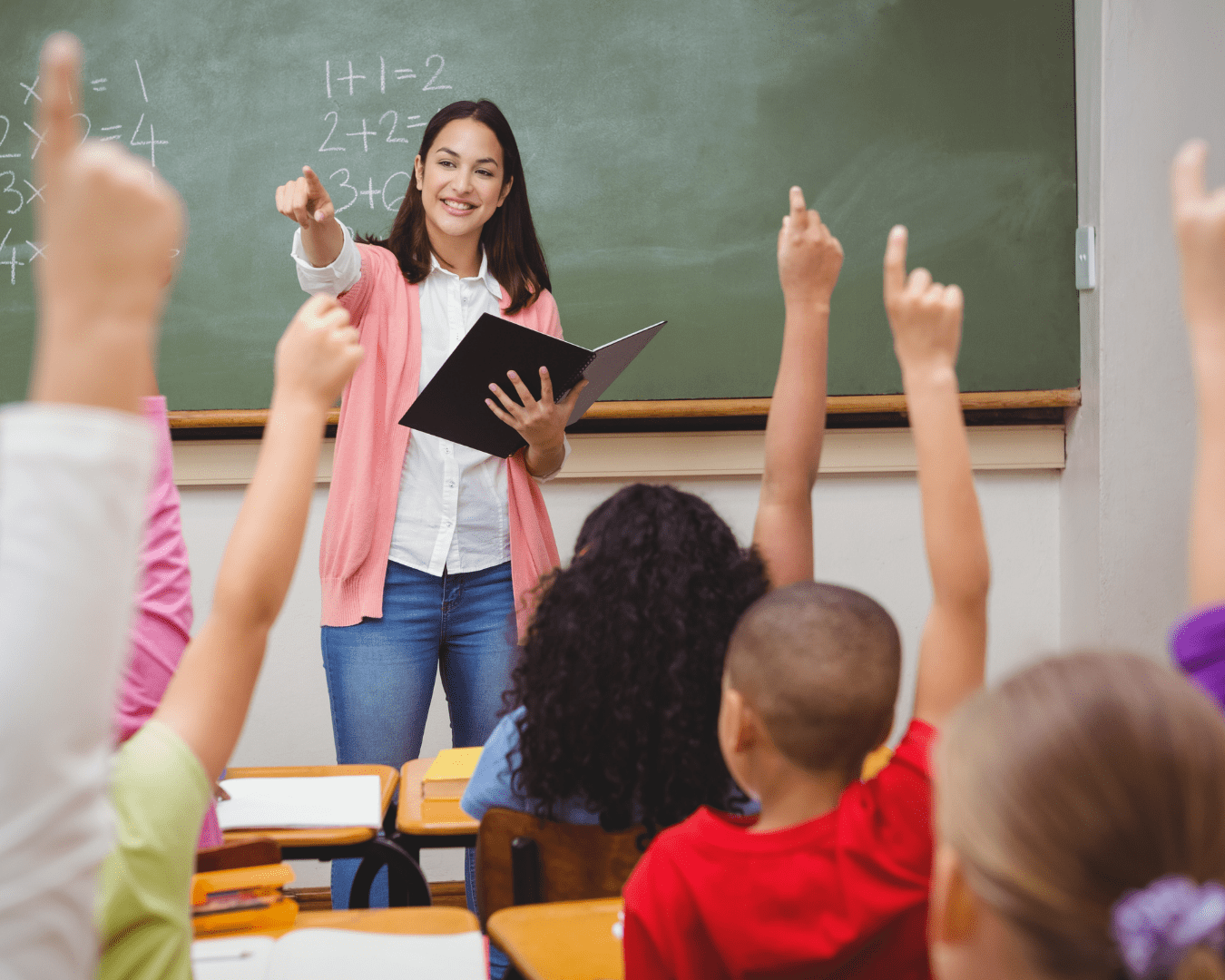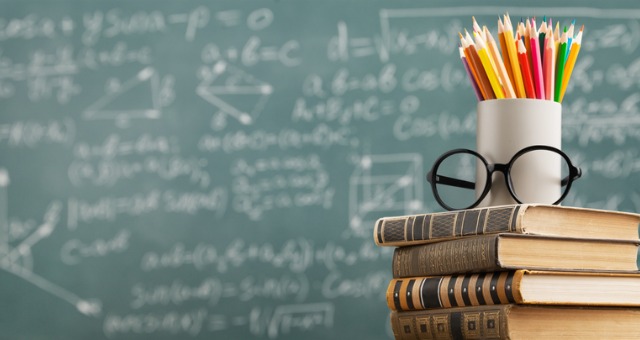Master Primary Science Concepts with Quality Tuition in Singapore
Master Primary Science Concepts with Quality Tuition in Singapore
Blog Article
Discovering the Different Mentor Techniques in Main Science Education Today
Inquiry-based knowing, hands-on experiments, and the assimilation of innovation are redefining how instructors involve young minds. Additionally, collaborative methods and differentiated instruction are being used to provide to the diverse needs of students, enhancing both involvement and understanding.
Inquiry-Based Understanding
Inquiry-Based Understanding (IBL) is a pedagogical strategy that motivates trainees to discover scientific principles through questioning, examination, and hands-on trial and error. This approach highlights the duty of students as energetic participants in their learning, advertising vital reasoning and problem-solving skills. By engaging with real-world inquiries, pupils end up being curious and determined, which enhances their understanding of scientific concepts.
In IBL, instructors act as facilitators, guiding trainees as they browse their questions as opposed to delivering information directly. This student-centered strategy enables for distinction, fitting numerous learning styles and speeds. Pupils create skills in creating hypotheses, developing experiments, and examining data, which are essential for clinical proficiency.
In addition, IBL promotes cooperation amongst pupils, motivating them to share findings and concepts. This collective inquiry promotes social abilities and a feeling of community within the classroom. Moreover, the procedure of inquiry encourages strength, as trainees discover to accept failing as a stepping rock towards understanding.
Hands-On Experiments
Hands-on experiments are a vital part of reliable science education and learning, enhancing the concepts of inquiry-based discovering. These experiments enable trainees to involve straight with clinical ideas, fostering a much deeper understanding via experiential learning. By controling materials and observing outcomes, young learners can understand abstract theories in tangible ways.
Such tasks advertise essential reasoning and problem-solving skills, as pupils hypothesize results, conduct experiments, and analyze outcomes. This process encourages them to ask questions, refine their understanding, and establish a scientific frame of mind. Moreover, hands-on experiments can be tailored to diverse learning styles, ensuring that all students have the possibility to involve meaningfully with the web content.
Furthermore, hands-on experiments often motivate collaboration among peers, advertising synergy and interaction skills. Operating in groups enables pupils to share concepts, talk about findings, and pick up from one an additional, which boosts their total educational experience.
Integrating hands-on experiments into the key scientific research curriculum not only enriches the learning atmosphere however likewise grows a lifelong passion in science. By proactively joining their education, trainees are most likely to create an interest for clinical questions that expands beyond the class.

Technology Combination
Integrating modern technology right into primary science education has come to be increasingly crucial in promoting trainee involvement and enhancing discovering results. Making use of digital devices, such as interactive simulations, online laboratories, and academic software, offers trainees with possibilities to explore clinical ideas in ingenious means. These resources promote a much deeper understanding of complicated topics by enabling students to picture and adjust variables that would be unwise in a typical class setting.
Additionally, innovation assimilation urges personalized finding out experiences. Students can advance at their own rate, taking another look at tough concepts with multimedia sources, which deal with various knowing designs. This flexibility not only sustains individual growth but likewise grows a sense of freedom in learners.
Furthermore, innovation useful content functions as a bridge to real-world scientific research, attaching trainees with current research and expert contributions. Access to on the internet databases and scientific journals widens pupils' point of views on clinical query and promotes important assuming abilities.
Collaborative Knowing
Collective knowing plays an essential role in primary scientific research education and learning by promoting team effort and communication abilities amongst pupils. This approach motivates students to interact, share expertise, and take part in analytical, which enhances their understanding of scientific principles. By taking part in team tasks, trainees find out to express their ideas, listen to varied perspectives, and work out options, every one of which are crucial skills in both real-world and scholastic contexts.

Research indicates that collaborative learning can lead to enhanced inspiration and involvement in scientific research subjects, as trainees discover enjoyment in common experiences (primary science tuition Singapore). Furthermore, this approach prepares students for future joint ventures, furnishing them with the abilities required for effective team effort in college and professional settings. Ultimately, embracing joint understanding in key scientific research education and learning can dramatically improve the discovering experience and advertise a deeper understanding of scientific inquiry
Distinguished Instruction

Differentiated guideline can show up in various ways, such as differing the content, procedures, or items of discovering. Educators may make use of tiered projects that supply varying degrees of intricacy, allowing pupils to function at their respective preparedness degrees. Additionally, adaptable organizing strategies can assist in collaboration amongst trainees with different abilities, cultivating peer learning.
Assessment plays an important function in this strategy, as it informs guideline and aids instructors comprehend each pupil's distinct needs. Developmental assessments, such as quizzes and monitorings, can direct instructors in changing their techniques to improve finding out end results. primary science tuition Singapore. Eventually, by implementing separated instruction in main science education and learning, teachers can grow an extra fair and reliable discovering atmosphere, encouraging all pupils to reach their complete possibility in recognizing clinical sensations
Final Thought
In summary, the diverse mentor strategies in main scientific research education and learning, consisting of inquiry-based discovering, hands-on experiments, modern technology integration, collaborative understanding, and separated instruction, jointly add to a more effective understanding atmosphere. These methods promote crucial thinking, analytical abilities, and a much deeper comprehension of clinical ideas. By executing these approaches, teachers can create engaging and supportive classrooms that attend to the different requirements of pupils, eventually promoting a lifelong rate of interest in scientific research and improving scholastic accomplishment.
Inquiry-Based Knowing (IBL) is a pedagogical method that urges students to explore scientific concepts with questioning, examination, and hands-on testing.Joint understanding plays a vital role in main scientific research education and learning by fostering teamwork and interaction abilities amongst pupils.Study indicates that collective understanding can lead to boosted motivation and interaction in scientific research topics, as pupils find pleasure in common experiences.In promoting a comprehensive knowing setting, differentiated direction arises as a crucial strategy to fit the diverse requirements and capacities of students in main science education. Inevitably, by carrying out separated instruction in primary science education, instructors can grow an extra reliable and equitable understanding setting, equipping all students to reach their complete potential in comprehending clinical sensations.
Report this page